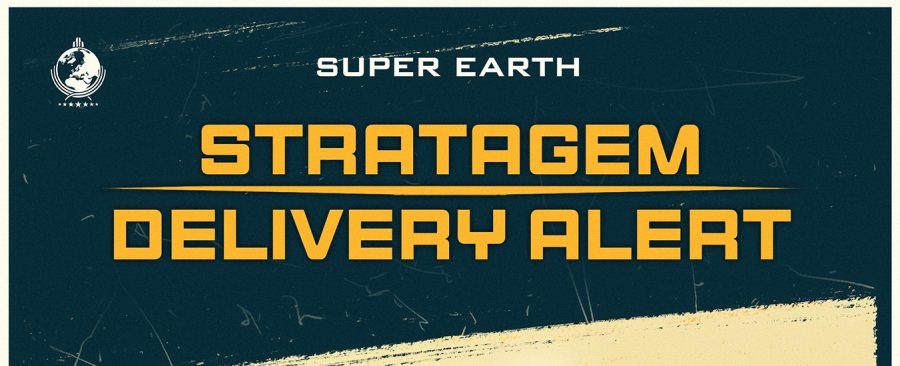
Over the weekend, cloud gaming company OnLive went through a sort of quasi-bankruptcy, selling off its assets and leaving its investors, employees, and stockholders out in the cold. The only possible winners? OnLive’s very small number of users.
Early Friday, Mashable reported that OnLive might be shutting down. Later in the day, OnLive’s Director of Corporate Communications contacted Mashable, offering “no comment on the news other than to say the OnLive service is not shutting down.”
Technically, he was right. For now, at least, the 2-year-old service will continue to run. On the back end, however, the company as we knew iut is dead. OnLive filed a sort of quasi-bankruptcy (technically an “Assignment for the Benefit of Creditors”) in which the company sold all of its assets to a new firm (also named OnLive), while simultaneously dumping all of its liabilities. Those liabilities included staff (all of whom were laid off) and stock options (all of which are now worthless).
The new OnLive has reportedly hired back roughly half of its original staff at salaries similar to those of their old jobs, while the rest of its former employees have the option of consulting for stock options in the new company. Given that most of those employees just lost their previous stock options over the weekend, that prospect has to sting.

Meet the New Boss, Same as the Old Boss?
According to former (and possibly future) OnLive CEO Steve Perlman, the reason for the surprise implosion was simple: OnLive had way too much overhead. According to Joystiq, Perlman mused on the subject during his announcement to employees. “If you’ve got 8,000 servers and 1,600 [concurrent] users, how could we ever get to cash flow positive, right?”
Right. If every concurrent user gets five servers, you’re doing something very, very wrong – and maybe management should have seen that coming. In that announcement, Perlman also claimed OnLive had hired as irresponsibly as it had bought servers, further inverting its margins.
In the end, OnLive’s management screwed over every one of its employees (as well as its investors, who could lose tens of millions of dollars on the deal), though at least Perlman had the decency to accept the blame. “I’m the one that brought you here. I’m the one that ultimately made decisions. And I’m the one that ultimately takes responsibility. So I am sorry, and it didn’t end up exactly as we’d hoped.”

Let’s hope the new OnLive can hang on long enough for the Ouya crowd-sourced console to launch. Maybe it can bring enough users to start filling up those 8,000 servers.









